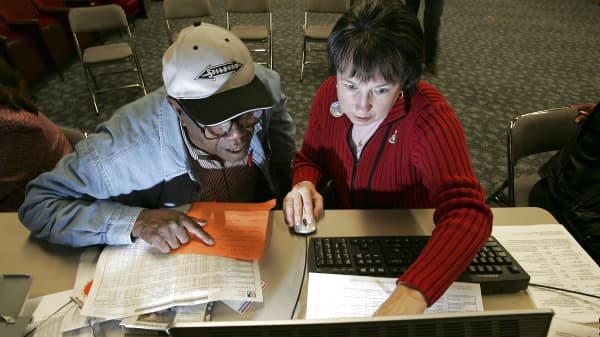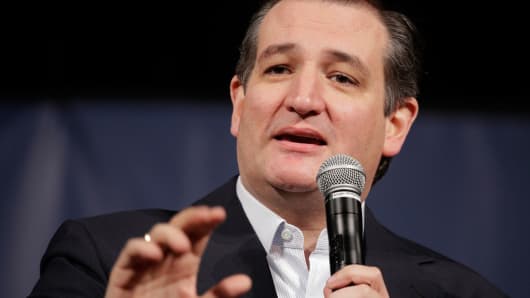But none of that is more important politically, and ethically, than what anyone who saw those people at the debate learned from hearing their personal stories. Again, the most important reason why their image is crucial is because of the above-mentioned key role they play in the key upward price pressures to health care. It's not often when the most emotional aspects or images from a political debate help illuminate the most important facts surrounding an issue. But that's exactly what we got during this forum.
Contrast that to the simply awful forums and town halls we saw through much of 2009. It started with a useless dog-and-pony show near Capitol Hill with President Obama and key Democrats sitting at one table and Senator John McCain and his fellow Republicans sitting at another. The point of that forum was supposed to be a debate and information session about American health coverage, but all most people remember about it was the moment when President Obama reminded McCain that he had beaten him in the election.
That embarrassing session was followed by a series of town halls dominated by shouting, politicians pontificating, and lots of disinformation from people on both sides of the developing Obamacare bill creation process. Many speakers clearly didn't know what they were talking about or outright lied. Even one of the key Obamacare architects, Jonathan Gruber, later famously admitted that the Obama administration and its allies misled the public during that year saying, "Lack of transparency is a huge political advantage. And basically, call it the stupidity of the American voter or whatever, but basically that was really, really critical to get for the thing to pass."
The Tuesday night debate easily could have been just another waste of time like the 2009 forums — but it wasn't. Now, the American public is closer to realizing that, without a plan to cover and control the costs of those sickest and costliest Americans, the heaviest spending in health care overall will continue to leave out most of the public no matter who's paying the bill.
And that should lead to some more maturity and less raw political fighting from both sides. Democrats like Sanders can score political points by trotting out these people all they want, but at some point the fact will become clear that the sickest Americans are missing out on the care they need because Democrats like Sanders want to cover everyone. And Republicans can talk all they want and promise all they want that everyone will be covered, but if any decent number of people like we saw at the debate go on TV and the Web to talk about how they no longer can get health care, they could be up a creek at the ballot box for years to come.
Thus, there were good lessons to be learned Tuesday night for both parties. If they're smart, the Democrats will expand on their outreach to the sickest and costliest medical patients and promise not only to give them continued access to care, but work to get them better care by divorcing themselves from the ridiculous promise of covering everyone no matter how healthy and wealthy they might be. These patients deserve an upgrade and it will have to come at the expense of the Democratic pipe dream of universal single payer plans.
Republicans are now more likely to realize that they better work hard on so-called "risk pools" to cover the sickest and costliest patients and acknowledge that even the free-market system has not yet found a way to cover these people without incurring losses. But the GOP must find a way to explain to the American people that the cost of covering the costliest patients should be spent on care and care alone. And more money will be available to do that by forcing more people who are healthier and have a little more money to take more responsibility for their own care in a free market system that indeed can reduce costs by providing more choices to relatively healthier people.
We're still talking a tall order here, but the Cruz-Sanders debate Tuesday night got us closer to this goal than any election or shouting match of the past. We could and should have more of them, and soon.
Commentary by Jake Novak, CNBC.com senior columnist. Follow him on Twitter @jakejakeny.
For more insight from CNBC contributors, follow @CNBCopinion on Twitter.







